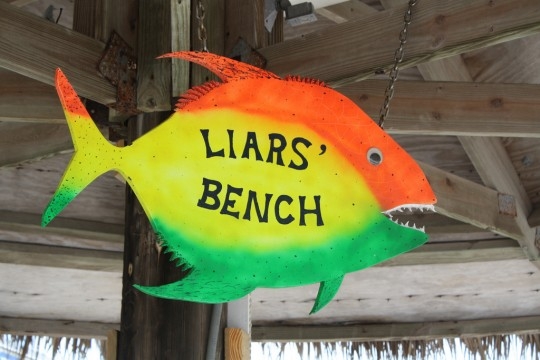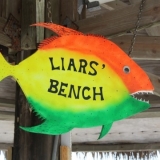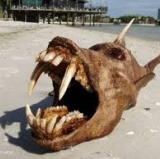Aiken Unsigned: MLB's No 1 Draft Choice Goes Back in the Pool

An old bromide claims every time you go to a baseball game, you'll have a chance to see something you've never seen before.
Who would've thought the same could be said before you ever got to the game?
And how does the MLB draft -- with procedures carved in stone by an amicable collective bargaining agreement (CBA) -- wind up in the middle of a headline-spinning dispute?
Well, when the Astros fail to sign the first pick overall in a dispute that shuts out their fifth-round and twenty-first-round selections, too.
Here are the situation's key components:
- The MLB assigns a total dollar value in signing bonuses that each team can spend on its draft picks in the first ten rounds without being penalized, eg- the Astros' allotment this year was $13,362,200;
- Each pick position within those rounds is given a slot value, eg- the first overall pick's value this year was $7,922,100; and
- If a player selected within those ten rounds doesn't sign, his slot value is forfeited by the team, which means that money cannot be used to increase offers to other players drafted.
So here's what happened:
- After Astros GM Jeff Luhnow calls top choice Brady Aiken the most refined high school pitcher he's ever seen and offers him $6,500,000 -- which Aiken readily accepts -- the team doctors discover the lefty's MRI shows a degraded UCL -- the so-called Tommy John ligament -- and become concerned that major surgery is immediately inevitable.
- Luhnow then pulls the agreed bonus offer, saying that $3,100,000 -- or 40% of the slot value -- is the new number, which guarantees Houston next year's second-round pick if Aiken doesn't agree.
- Well, Aiken and his agent/advisor -- which could be another sticky issue now -- Casey Close didn't agree, with Close sounding off on the matter during the All-Star weekend and then going dark when the 'Stros tried to contact him.
- Luhnow bumps the offer to $5,000,000 at the last minute, but only gets crickets as the signing deadline comes and goes.
And here's the fallout:
- A dark cloud now hovers over both the 'Stros for verbal villainy -- not honoring their word on a deal -- and Aiken for being medically suspect, perceptions that may hamper their future possibilities;
- MLB Players Association prez Tony Clark goes ballistic for the first time during his tenure and promises a grievance will be filed, for whatever good that will do;
- Jacob Nix, the fifth-rounder, had agreed to an over-slot bonus of $1,500,000 that is now impossible with Houston's forfeit of the $7,922,100 first-round dosh and becomes a perception-fueled drive-by casualty who won't sign for his slot value of $370,000;
- Mac Marshall, the 21st-rounder -- remember, many MLB regulars come from the late rounds -- watches excess bonus money that would've fallen to him go the way of the dodo bird and heads off to college.
Aiken and Nix were signed by UCLA, but their eligibility is now in question. The NCAA doesn't allow players to be represented by agents. Advisors, yes; agents, no. It may be a murky distinction, but in this case, the murk has dissipated with Casey Close's public comments on their behalves.
So it could be that the pair just became ineligible. On the bright side, they can still go to a junior college or independent league and be in the draft pool next year. If they'd played for UCLA, they'd have to wait until the summer after their junior year, which would be 2017.
Close has juice in the baseball world. He's Derek Jeter's agent and has a solid reputation.
But what if the Houston medical advisors are correct about Aiken's UCL? How long would the kid have to work in everyday life to accumulate $5,000,000? How does he not take that offer?
None of this is cool. And it seems like the only ones who stand to pay for it all are two high school kids.



